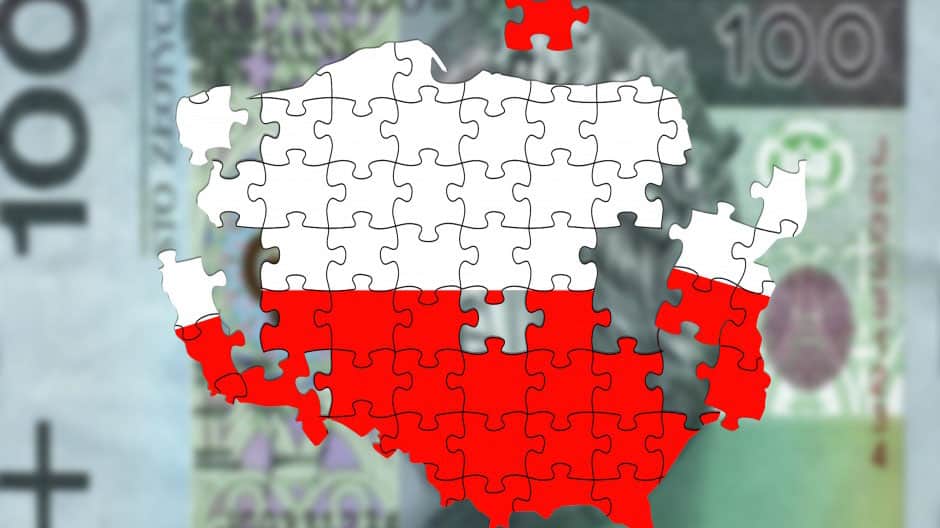After months of falling inflation, we are looking forward to a period of its escalation. And probably inflation expectations as well. The basic interest rates of the National Bank of Poland (NBP) will likely remain unchanged for a longer time, but we cannot be sure that this will stabilize prices in the medium term, in line with the goal of monetary policy.
The lack of changes in interest rates by the Monetary Policy Council (RPP) in recent months is not surprising. Conducting even looser monetary policy under current conditions would be a mistake, which would lengthen the perspective of price stabilization in the medium term. The prospect of increasing inflation dynamics in the next few months, along with very loose fiscal policy provide grounds to seriously consider whether the current level of interest rates is optimal from the point of view of looming inflation risks. Let’s hope that data on lower inflation in the first quarter of this year will not obscure the uncertain situation we will be facing in the coming months.
Experience shows that monetary authorities are often prone to declaring the fight against inflation over too early. Dr. Anil Ari, along with four other International Monetary Fund economists, published last year a study of over 100 inflation shocks since the 1970s. It turns out that for 60% of the countries studied, a return to pre-shock inflation took an average of three years, and for 40% – even five years. The authors of the study point out the often-repeated mistake of declaring victory over inflation too early and prematurely loosening monetary policy. To avoid such mistakes, central banks should warn that the fight against inflation is not over yet, despite data already indicating moderate price pressure.
IMF economists note that central banks that ran a more restrictive monetary policy and quickly dealt with inflation saw lower economic growth in the short term than countries that pursued a milder monetary policy. However, this relationship reverses in the medium and long term. Five years after an inflation shock, countries that coped with inflation recorded higher economic growth and lower unemployment than those economies that allowed for prolonged excessive price growth. In the mid and long term, the cumulative losses from the unresolved issue of high inflation prove to be more painful. Countries allowing for prolonged inflation ultimately pay a higher bill. The problem is, monetary policy is typically evaluated in the short term.
During the March conference of the NBP, the key word was uncertainty. It’s obvious that each of our decisions is accompanied by uncertainty. The factors mentioned by the NBP President as influencing it are not new; they have been known for several months. It should be remembered, however, that one of the tasks of monetary authorities is to reduce uncertainty. This is possible, among other things, by communicating appropriately with the environment, minimizing information asymmetry and making optimal decisions based on the most likely scenarios.
The test for the RPP will, therefore, be how the Council responds to the expected increase in inflation dynamics. Only lowering inflation to the target, along with anchoring inflation expectations in the medium term, can indicate a victory over inflation.
Jarosław Janecki, Chairman of the Board of the Polish Economic Society
1. Anil Ari, Carlos Mulas-Granados, Victor Mylonas, Lev Ratnovski, Wei Zhao (2023). One Hundred Inflation Shocks: Seven Stylized Facts, IMF, WP/23/190.
